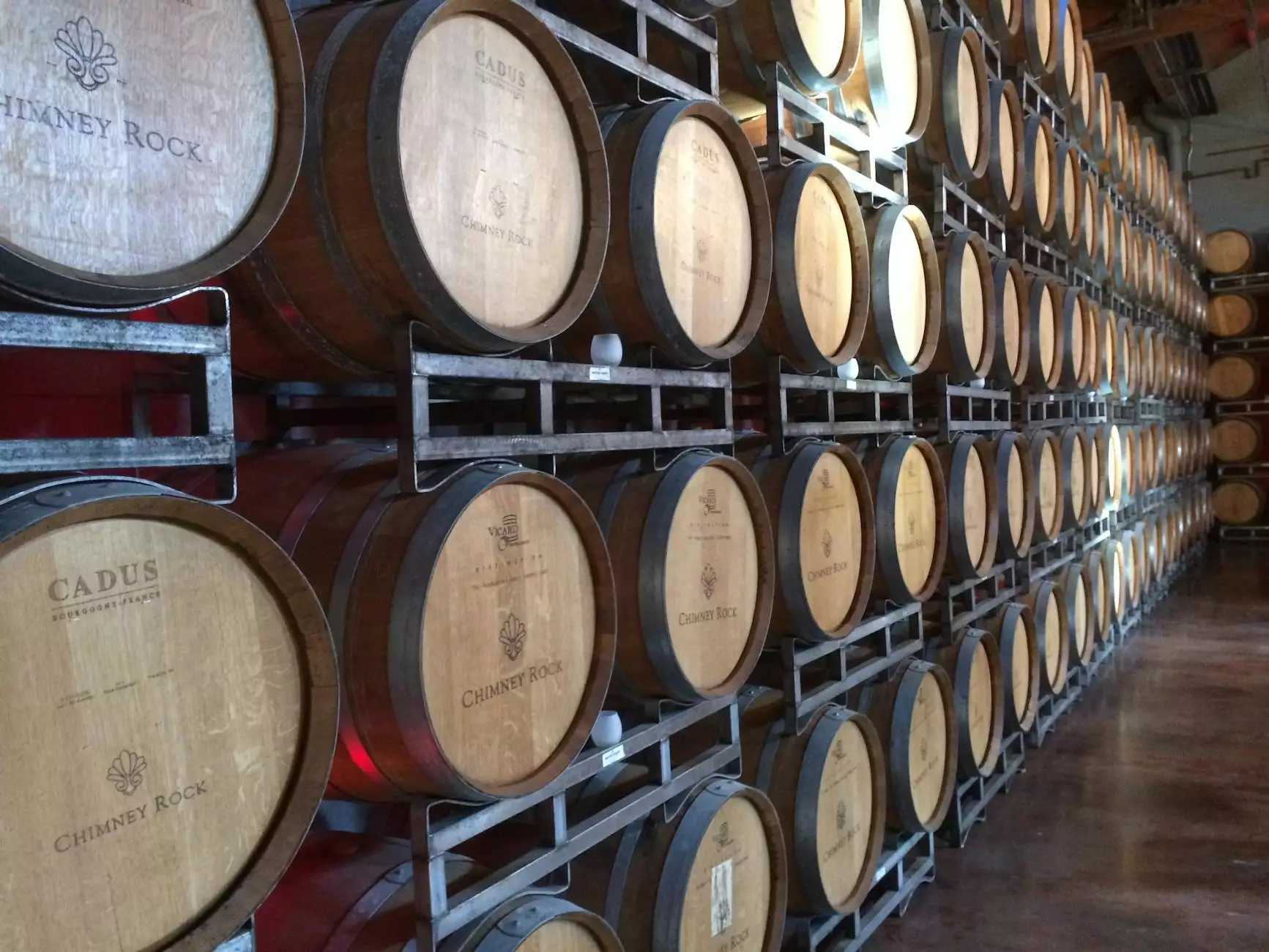Maximizing Efficiency with Grain Storage Towers on Farms

Grain storage towers on farms play a crucial role in the agricultural sector, impacting everything from grain preservation to business profitability. The implementation of these structures not only boosts operational efficiency but also safeguards the quality of harvested products. In this article, we will explore every aspect of grain storage towers, their benefits, and how they can transform farming practices.
The Importance of Grain Storage Towers
Grain storage towers, commonly referred to as silos, are vertical structures designed specifically for storing grains such as wheat, corn, and soybeans. Their significance lies in their ability to protect grains from environmental factors, pests, and spoilage. The need for effective grain storage is exacerbated by fluctuating market demands and climatic uncertainties.
Boosting Farm Efficiency
The contemporary farming landscape necessitates the adoption of technologies and practices that enhance productivity and reduce wastage. Here are several ways in which grain storage towers on farms contribute to overall efficiency:
- Space Optimization: Traditional storage methods can take up considerable ground space, whereas vertical silos utilize the upward space effectively.
- Improved Accessibility: Grain storage towers often come equipped with systems that minimize the time and labor involved in loading and unloading.
- Reduced Grain Loss: They help in preserving the quality of grains, reducing spoilage, and thus decreasing potential losses.
- Community Storage Solutions: Farmers can utilize these towers collectively, creating a shared resource that maximizes efficiency for all involved.
Understanding the Different Types of Grain Storage Towers
When considering grain storage towers on farms, it's essential to understand that they come in various shapes and sizes. Different types of silos serve different farming needs:
1. Concrete Silos
Concrete silos are robust structures that can hold large quantities of grain. They are ideal for producers looking for long-term storage solutions, and they offer exceptional resistance to environmental factors. However, their fixed structure means less flexibility when it comes to repositioning.
2. Steel Silos
Steel silos are favored for their durability and resistance to corrosion. They come in various capacities and can be tailored to meet specific agricultural needs. Their galvanization process protects against rust, ensuring long-lasting performance.
3. Bag Storage Systems
While not traditional towers, bag systems offer a flexible and cost-effective alternative for temporary grain storage. These allow farmers to store different types of grains without the hefty investment associated with constructing silos.
4. Bunker Silos
Bunker silos are open structures that allow for easy filling and harvesting of grains. They provide a communal storage area but may require more management to maintain quality and prevent spoilage.
Factors to Consider When Choosing a Grain Storage Tower
Choosing the right type of grain storage tower depends on multiple factors that farmers must consider:
- Capacity Needs: Assessing the volume of grain produced annually is vital in selecting a storage solution that meets demand.
- Location: Proximity to grain fields can influence the choice of structure, with accessibility being an essential concern.
- Budget Considerations: Understanding the total cost of installation and maintenance will affect the decision-making process.
- Regulatory Requirements: Local regulations may dictate certain construction standards for grain storage structures.
The Economic Benefits of Grain Storage Towers
Investing in grain storage towers on farms can lead to significant economic advantages:
1. Price Fluctuation Management
With ample storage, farmers can wait for market prices to rise before selling their harvest, therefore maximizing profit margins.
2. Reduction in Transportation Costs
Having grain storage on-site cuts down on the costs associated with transporting grains to distant storage facilities or markets.
3. Preservation of Grain Quality
Grain integrity is preserved longer, allowing for better sale prices and more flexible sales options, which can stimulate profit growth.
Best Practices for Managing Grain Storage Towers
To maximize the benefits of grain storage towers on farms, proper management practices must be followed:
1. Regular Maintenance
Routine checks and maintenance of silos are essential to prevent leaks, rust issues, and structural weaknesses that could jeopardize stored grain.
2. Pest Control Measures
Implementing pest control protocols will mitigate the risk of infestations, which can compromise grain quality.
3. Quality Monitoring
Using moisture and temperature sensors helps in ensuring that the grains are stored optimally, enhancing shelf life and marketability.
The Role of Technology in Grain Storage
Technology integration in managing grain storage is an evolving field. Here are some advancements revolutionizing grain storage practices:
- Smart Sensors: Automated systems that monitor temperature, humidity, and grain conditions can alert farmers to any issues in real-time.
- Data Analytics: Utilizing data analytics to track grain quality and storage efficiency leads to informed decision-making.
- Remote Management Tools: Innovative applications allow farmers to manage silo operations remotely, thus ensuring constant oversight and control.
Conclusion
In conclusion, grain storage towers on farms are indispensable for modern farming, offering numerous benefits that address both economic and operational challenges. By investing in these structures, farmers not only protect their valuable harvests but also enhance their business operations. The optimal use and management of grain storage facilities can lead to remarkable advancements in farming practices, ensuring sustainability and profitability in the highly competitive agricultural sector. Begin considering these structures today, and reap the rewards of efficient grain storage.
Contact Us
For more information on grain storage towers and farming equipment, visit tsgcinc.com or contact our experts who can guide you in selecting the best grain storage solutions for your farm.



